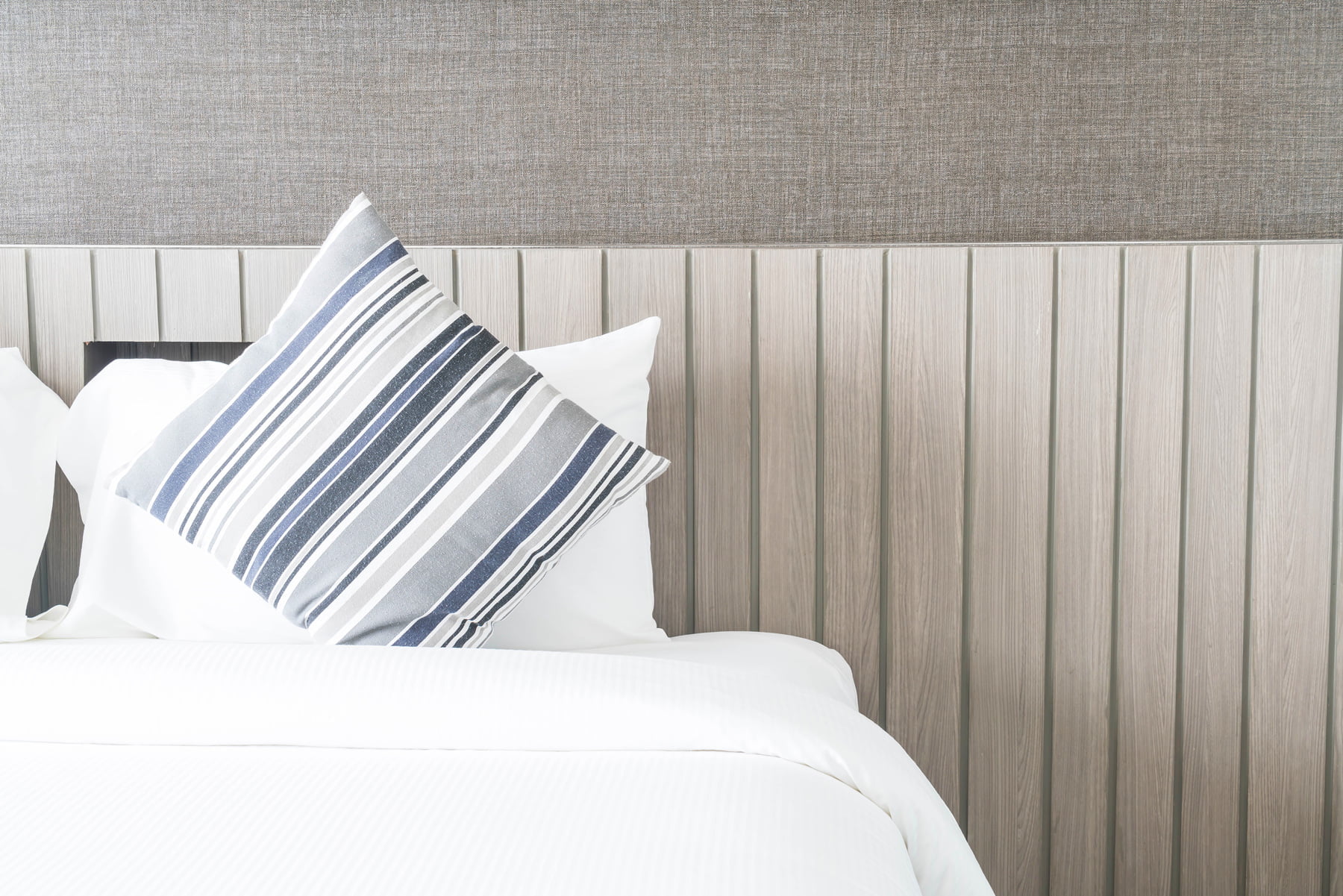 If there’s one thing everyone in Singapore wants in bed it’s a good night’s rest. Research consistently finds that the Lion City is high-ranking when it comes to sleep deprivation (along with Tokyo and Seoul). Add a pesky pandemic in the mix and close to 60 per cent of people in Singapore claim that their ability to sleep well has been directly impacted.
If there’s one thing everyone in Singapore wants in bed it’s a good night’s rest. Research consistently finds that the Lion City is high-ranking when it comes to sleep deprivation (along with Tokyo and Seoul). Add a pesky pandemic in the mix and close to 60 per cent of people in Singapore claim that their ability to sleep well has been directly impacted.
Bad sleep is, well, bad all round. Depletion significantly affects your physical health, work, general safety, and feelings of mental wellbeing. So how can we achieve the sweet spot of seven to nine hours of sleep that the National Sleep Foundation claims 18 to 64 year-olds need?
The first step is to take a long, hard look at yourself. If you opt for Wordle over winding down before bedtime, the onus could be on you. “The most common reason people struggle to get to good sleep at night is down to devices such as phones, tablets, laptops and TVs before bed,” confirms sleep expert Shubhra Venneti. “Subjecting your eyes and brain to blue light tricks your mind into thinking that the day is still continuing. Instead of your body naturally relaxing, it ends up pumping more chemicals to keep you awake since it’s under the false impression that daylight hasn’t ceased.”
Another culprit is alcohol. While a tipple can help you to fall asleep, it can seriously affect your sleep cycle, especially the REM portion where your body benefits from a significant amount of restorative healing. Continues Shubhra, “Poor food choices which affect gut health can also cause sleep issues, and in some cases, exercising before bedtime can propagate a surge of adrenaline to the body which leaves you on a high when you want to unwind.
Interestingly, when it comes to getting a quality session in the sack, studies show that those living in Australia and especially New Zealand appear to fare much better in the sleep stakes than their Asian counterparts (all that fresh air, perhaps?). However, before you start googling properties in the Blue Mountains and packing your bags, there are some practical things you can do to up your sleep game.
Sleepers in Singapore average 6.6 hours’ sleep on weekdays, and 7.3 hours on weekends
Sleep like you mean it
Don’t lay awake wondering why it’s not working – read on.
- Let there be light. Aim to get at least 20 mins of sunlight/daylight every day. This helps your circadian rhythm (the physical, mental and behavioural body changes that follow a 24-hour cycle) to set. These natural processes regulate other biological systems that are vital to our health
- Move your muscles. We were built for movement and without it, the body can find it harder to sleep. “Even if you walk for 15-20 mins a day (minimum), it will go towards helping your sleep quality. If you need to exercise in the evening, do so at least 1-2 hours before bedtime.”
- Cut the coffee. Caffeine sensitivity varies from person to person. Says Shubhra, “For most people, I recommend 2pm as the cut off. But if you still get to bed and feel tired but can’t switch off, consider making your caffeine cut-off earlier.” Ideally you should be drifting off within 10-20 minutes of getting in between the sheets
- Cool it down. Whatever feels like 18-22 degrees celsius to you will help you sleep better. If you’re too warm, it can cause discomfort and also lead to waking up
- Eat at least three hours before bed. If you need to snack, do so at least two hours before bed. “Your stomach needs time to break down food particles to release different chemical processes as part of your digestion,” warns Shubhra. “A heavy meal before bed can stop you falling asleep and affect sleep quality as your body has to focus on digestion (a lot of work!), rather than rest and recuperation.”
- Stay regular. Got to bed at night and rise in the morning at the same time. These times should allow you to fall asleep within 10-20 mins of bedtime and at waking up, you can get up instantly and feel alert, or you have time to lie for 20 minutes for your whole system to slowly “wake up” before you actually get out of bed. These timings should continue for seven days a week, except for when travelling or entering a new time zone
- Create a routine. “A consistent wind-down hour and power-up-hour sets your body’s rhythms up and help the whole sleep experience,” says Shubhra. “Your wind-down hour should be in lowered lights, with yellow bulbs or blue-light blocking bulbs. Take a warm shower to help you to relax, and after getting into sleepwear, write a gratitude journal or a next-day to-do list. If you can, set items out ready for the next day. Stretch or do some deep breathing before getting under the covers, then allow for total darkness to help you drift away.”
- Set up your sanctuary. Make sure your bedroom is only where you sleep or have sex. If you associate it with notions of “trying to go to sleep”, where you have heated discussions with your partner, or where you watch Netflix, your brain will find it harder to wind down effectively. Surround yourself with soothing colours and opt for comfy bedding.








